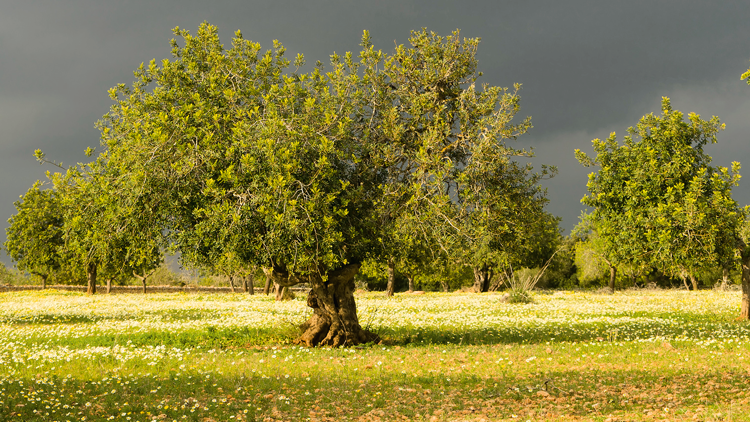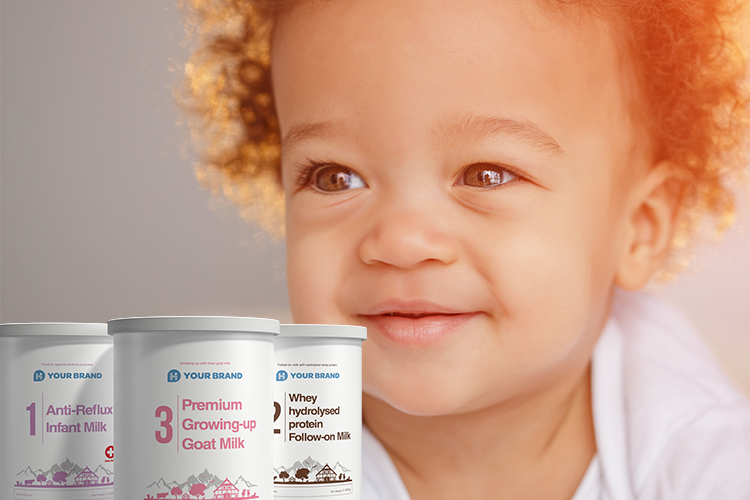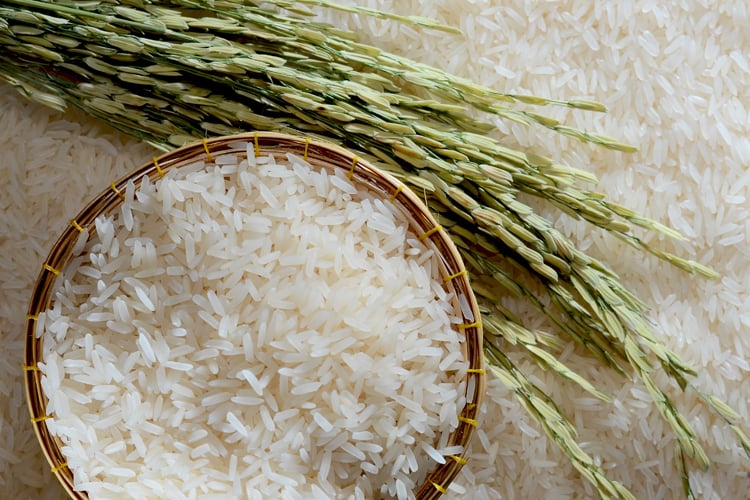- A natural product, extracted from the seeds of the carob tree (Ceratonia siliqua).
- Obtained from grinding the seed kernels embedded in the long leathery pods of the tree.
- A white/yellowish, odourless powder with no distinctive taste.
- Also knowns as locust bean gum, St. John’s bread, algarroba, carubin; it is present as E410b in general consumer products.
- A natural, viscous, soluble and indigestible but fermentable dietary fibre that belongs to the polysaccharides (long chains of simple sugars).
- Successfully used – for decades – in special dietary formulas for infants.
- Thickening properties offer an effective solution for gastro-oesophageal reflux (GOR).
- Prebiotic properties: adding GOS relieves the effects of hard stools and/or associated colic.
- The ‘good’ bacteria in the large intestine (bifidobacteria and lactobacilli) can use GOS for their own growth. This is a process of degradation by fermentation. GOS is a non-digestible but fermentable fibre.
- Stimulated growth of the ‘good’ bacteria leads to an increased bacterial biomass. This results in an increase in the volume and softness of stools. In general: a better gut motility.


Further information
- Article "Functional gastrointestinal disorders"
- Short article "Regurgitation: Olivia's story"
- Article "Prebiotics in infant formula – part 1"
- Article "Prebiotics in follow-on foods – part 2"
- Overview "Specialist formula"











Leave a comment